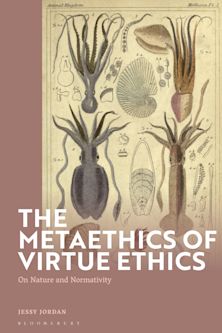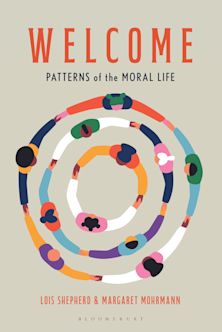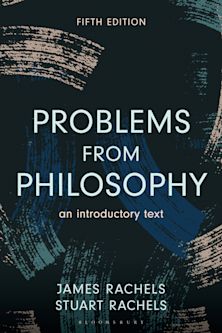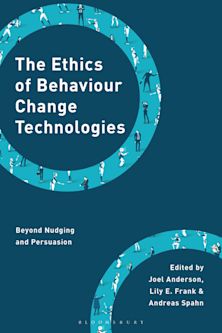Social Media Ethics and COVID-19
Well-Being, Truth, Misinformation, and Authenticity
Social Media Ethics and COVID-19
Well-Being, Truth, Misinformation, and Authenticity
Description
Social Media Ethics and COVID-19: Well-Being, Truth, Misinformation and Authenticity explores ways that some of the best and worst moments of the pandemic resulted from the interconnection of social media and ethics. The ethical challenges social media poses for corporate providers, government officials, and users existed well before the outbreak of COVID-19: What responsibility do corporate providers bear for inaccurate information posted by users? What responsibility do users bear? In this “post-truth” and polarized world, who defines “accurate information”? During the height of the COVID-19 crisis, public health agencies, emergency management agencies, and traditional news media used social media to disseminate or to track information, while users found communities for shared values or experiences. At the same time, users posted and amplified inaccurate or misleading scientific and health information, engaged in hate, and escalated conspiracy theories that have proven detrimental to the public health response to COVID-19. Edited by Pamela A. Zeiser and Berrin A. Beasley, this collection brings together work from leading scholars in communication, English, philosophy, and political science to examine the ethical use of social media during COVID-19, offering both a multidisciplinary understanding of the subject and tools for managing the challenges found at the intersection of social media, ethics, and COVID-19.
Table of Contents
Part I: Social Media, COVID-19, and Truth
Chapter 1: Attempting to Stop the Spread: Epistemic Responsibility and Platformed Responses to the COVID-19 “Infodemic” by Miles C. Coleman
Chapter 2: Hashtag Populism: Plandemics, Scamdemics, and Viral Resistance by Linda Howell
Chapter 3: Social Media, COVID-19, Misinformation, and Ethics: A Descriptive Study of American Adults' Perceptions by Tammy Swenson-Lepper and Heidi J. Hanson
Part II: Social Media, COVID-19, and Well-Being
Chapter 4: Exploring the Impact of COVID-19 on Leisure through Social Media by Annette M. Holba
Chapter 5: COVID-19 at the Nexus of Social Media and Propaganda: Public Health Messaging on Twitter Amidst Political Polarization by Berrin A. Beasley and Pamela A. Zeiser
Chapter 6: Divisiveness, Meaningful Lives, and the Hope of Compassion: Social Media in the Time of COVID-19 by Mitchell R. Haney
Product details
| Published | 04 Nov 2022 |
|---|---|
| Format | Ebook (PDF) |
| Edition | 1st |
| Extent | 1 |
| ISBN | 9781978756908 |
| Imprint | Lexington Books |
| Illustrations | 3 tables; |
| Publisher | Bloomsbury Publishing |
Reviews

ONLINE RESOURCES
Bloomsbury Collections
This book is available on Bloomsbury Collections where your library has access.



































